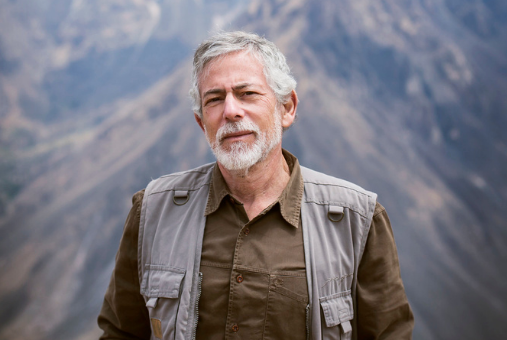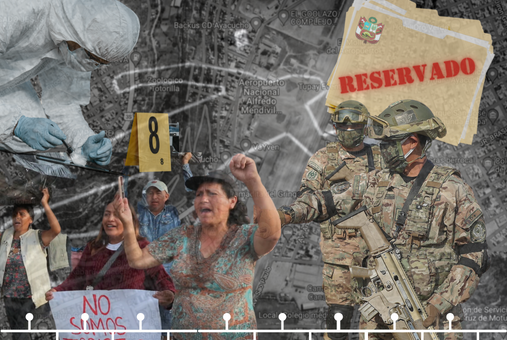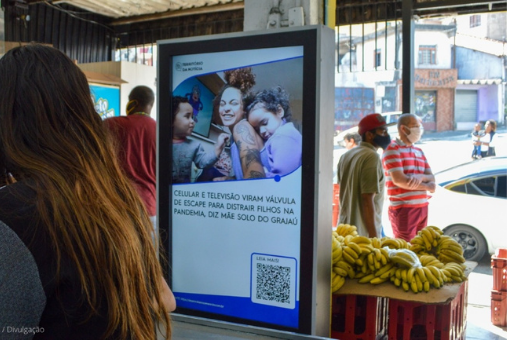
A few tickets are still available for in-person attendance for the 25th International Symposium on Online Journalism (ISOJ), but make sure to save your spot before we close in-person registration on April 4! Registration for virtual participation will remain open.

Can’t make it to Austin from April 12 to 13 for the 25th Anniversary of the International Symposium on Online Journalism (ISOJ)? Don’t worry: register for the ISOJ Virtual Experience that goes beyond mere streaming to bring the essence of ISOJ directly to you – anywhere in the world! This year, the ISOJ Virtual Experience […]

With more than 70 speakers from media outlets from around the world, including four keynote speakers, all women journalism leaders, 10 panels on everything from AI and elections coverage to OSINT and how to reach young audiences, five workshops and more, the full program of the 25th anniversary of the International Symposium on Online Journalism (ISOJ) is […]

Journalists from different media, personalities and ordinary citizens from around the world reject a campaign of attacks and harassment against the director of Peruvian investigative journalism site IDL-Reporteros, Gustavo Gorriti.

When media no longer have a monopoly on advertising, sales executives and their client portfolios no longer have what a media outlet needs to be sustainable. So, how do digital media outlets approach creating their revenue streams? Who develops and executes plans? How do these new roles work?

With a video investigation based on open-source forensic reconstruction, two journalists from Peruvian news outlet IDL-Reporteros challenged the government’s lack of transparency and uncovered the truth about a violent repression incident in the city of Ayacucho that left 10 dead. The work was awarded the 2023 Gabo Prize in the Image category.

Headline news startup intends to transfer up to 70% of its total revenue — through subscriptions and content licensing — to journalists and independent organizations present on the platform.

In the last 10 years, the way of doing journalism has changed. Journalists have also undergone a transformation that involves the emergence of digital media, a deepening of the culture of transparency, collaborative work, greater participation of women, changes in methodology and in the way in which content is consumed, and transformation of business models.

Innovative project of four Brazilian journalism outlets expands content distribution in the periphery and favelas while helping to increase revenue for newsrooms. Initially launched in São Paulo, the initiative installed 25 screens in commercial establishments with up to 800,000 visitors each month.

Nearly 80% of local digital and regional media in Mexico are working for or plan, within three years, to incorporate a reader revenue model, meaning a paywall system, subscriptions, contributions or membership program.

The media outlet, which today consists of 12 people and is based in Bogotá, describes itself as a "digital movement of citizen conversation,” which invites the public to speak, understand and act on the most pressing problems facing Colombian society.

According to Summer Harlow, University of Houston associate professor of journalism and author of the study, the survey suggests a new understanding of the concept of objectivity, as something that does not oppose or prevent journalists from defending causes or participating in protests.